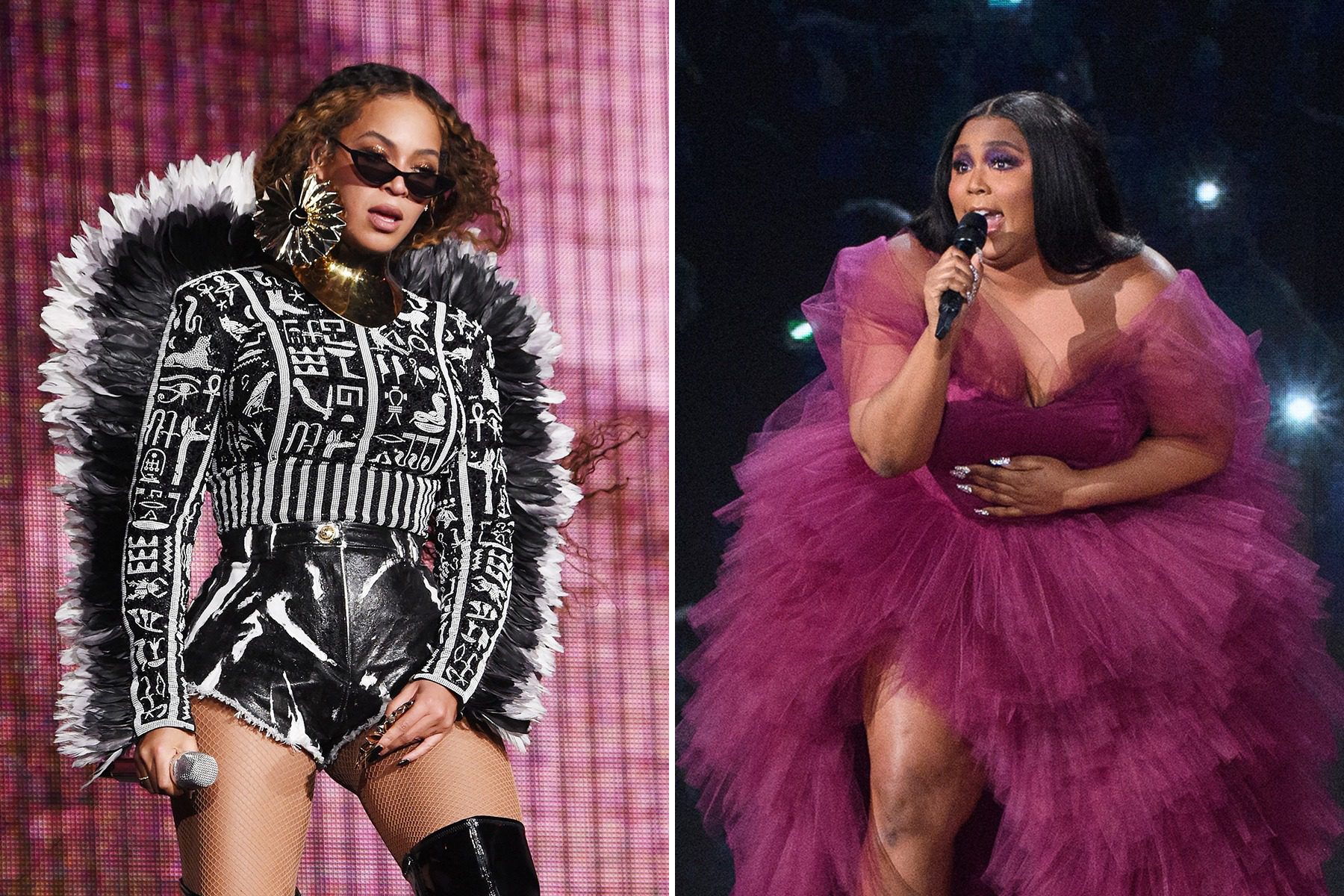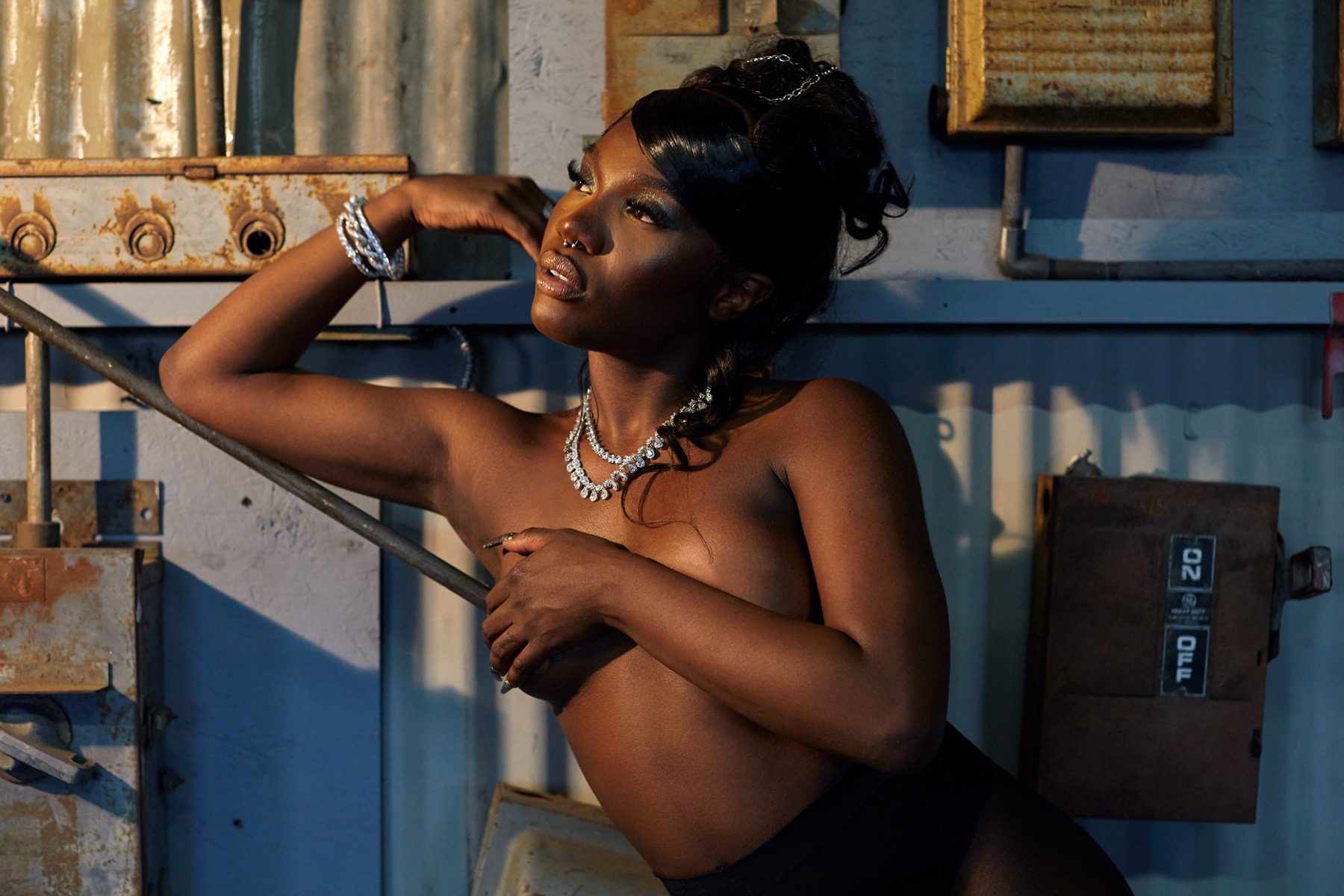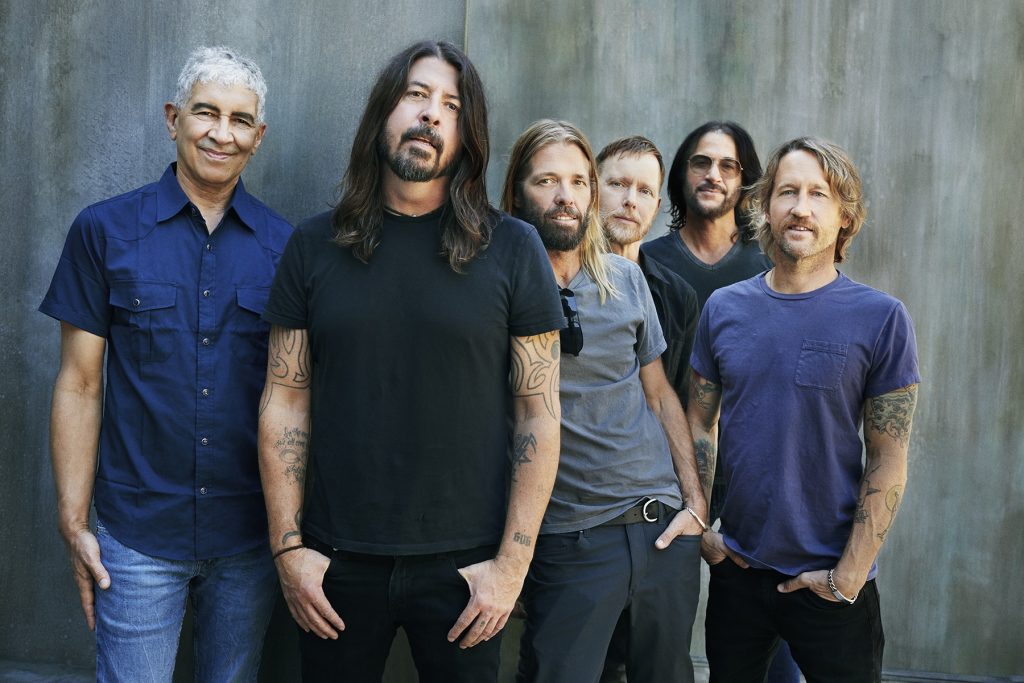
Even When Well-Intended, Changing Lyrics Retroactively Can Feel Dystopian
Lyrics from two songs on Beyoncé’s new album Renaissance were updated as a result of discussions on social media. A verse on “Heated” was altered after activists noted it contained language that has been described as ableist. Then, the singer Kelis shared a series of Instagram posts expressing frustration that her hit “Milkshake” was sampled on the album without her knowledge, describing it as “theft.” Both instances raise questions about the increasing malleability of music as a digital product.
Already, albums from major musicians are often updated with deluxe editions featuring added songs. Ye’s never-ending Donda 2, from earlier this year, floated around the internet via a smattering of uploaded versions, which might have simply been the beginning of a new trend in music. Beyoncé’s lyric change follows an almost identical situation that unfolded with the release of Lizzo’s single “Grrrls,” which the singer shared last month. Commentators online took issue with the use of the word “spaz” which has been described as a slur used against those with disabilities, especially cerebral palsy. The activist Hannah Diviney, who played a large part in the campaign to change the Lizzo lyric, published a column in The Guardian condemning Beyoncé’s alleged oversight. “When Beyoncé dropped the same ableist slur as Lizzo on her new album, my heart sank,” read the story’s title.
Other disability activists, like Villissa Thompson, have argued that language used in pop music can be criticized unevenly. She told NPR that disability advocates shouldn’t ignore the power dynamics at play when a popular Black female musician is the only one being called out for language that is similarly present in a number of male artists’ catalogs.
In a statement to IndieLand, Beyoncé’s team noted that the “word, not used intentionally in a harmful way, will be replaced.”
Conversations about ableism in pop culture aren’t new. The Black Eyed Peas’ most famous single, “Let’s Get It Started,” was initially titled “Let’s Get R*tarded,” with the original version featuring the slur sung throughout the chorus until it was quietly altered nearly a year after its release. The edited version of the song would go on to win the group a Grammy in 2005.
Aram Sinnreich, a professor of Communication Studies at American University sees the changes made by Lizzo and Beyonce as part of a wider theme taking place across mass media. At the launch of its Disney+ service, the company made an effort to erase the record of some of its less tasteful history, pulling old cartoons with racist imagery, and adding disclaimers to others. Fans online have claimed that Netflix altered episodes of its hit series Stranger Things. And in 2020, the company hid search results and recommendations for an award-winning independent film, Cuties, which was targetted by conservative activists in a coordinated social media campaign.
“It is a nested series of complex dynamics over basically who gets to write cultural history, who gets to maintain the public archive,” Sinnreich explains. “And as we all know, whoever controls history controls the narrative and in many ways helps to determine what the future’s gonna look like.”
In music, it recalls the dawn of the CD era when hip-hop first began to overtake the charts. Universal Music essentially overhauled the lyrics on Eminem’s Marshall Mathers LP ahead of its release to sell a “clean” version to retailers. At the time, Hilary Rosen, the former president of the RIAA, told the New York Times that “I think it’s a combination of both not wanting to stifle artists, but wanting what I feel is a very real sense of corporate and social responsibility.”
In those days, record labels were more beholden to the big-box stores that carried CDs — and the parental concerns that came with them. Now, with the advent of streaming, the calculus for artists and labels alike has changed. Avoiding a lengthy social media controversy in 2022 is tantamount to ensuring your product can be displayed on the family-friendly shelves of a K-Mart or Target in the Nineties.
Except, as Sinnreich notes, there’s a distinct lack of ownership on the part of the consumer in today’s music landscape. “We are no longer in control over the media that we purchase. They live on servers in the form of ones and zeros, and those servers are not controlled by us,” he says. “That’s very different than our traditional understanding of ownership, and that leads to all kinds of different crises.”
“I mean, it’s, it’s crises of authenticity, crises of cultural memory, but also crises of ownership.”
Following Kelis’s posts on Instagram and an extensive amount of online attention, Beyoncé also altered a portion of the song “Energy,” which interpolated Kelis’s single “Milkshake.” Despite being the lead performer on the song, Kelis wasn’t given songwriting credit by producers Pharrell and Chad Hugo for the track, meaning she has no ownership over the copyright. “Milkshake alone is one of the most licensed records of our generation,” Kelis wrote on Instagram. “I have done more than left my mark on an era of music and style that will go down in history.”
In the case of both Lizzo and Beyoncé, it’s hopeful to see artists willingly make changes to their songs as a shift towards a more empathic way of handling controversy, where people who are unfairly treated can speak up and affect change. But an eerie possibility looms over the way major releases feel, in general, less permanent. “They were criticized by a community and they heard those criticisms and they sought to amend the record because they know how influential they are and they don’t want to give their listeners the impression that that kind of language is acceptable,” Sinnreich says. “But on the flip side, it’s very difficult to hold people accountable for what they’ve said and done in the past if they have the unilateral ability to go back and revise their public expressions.”




